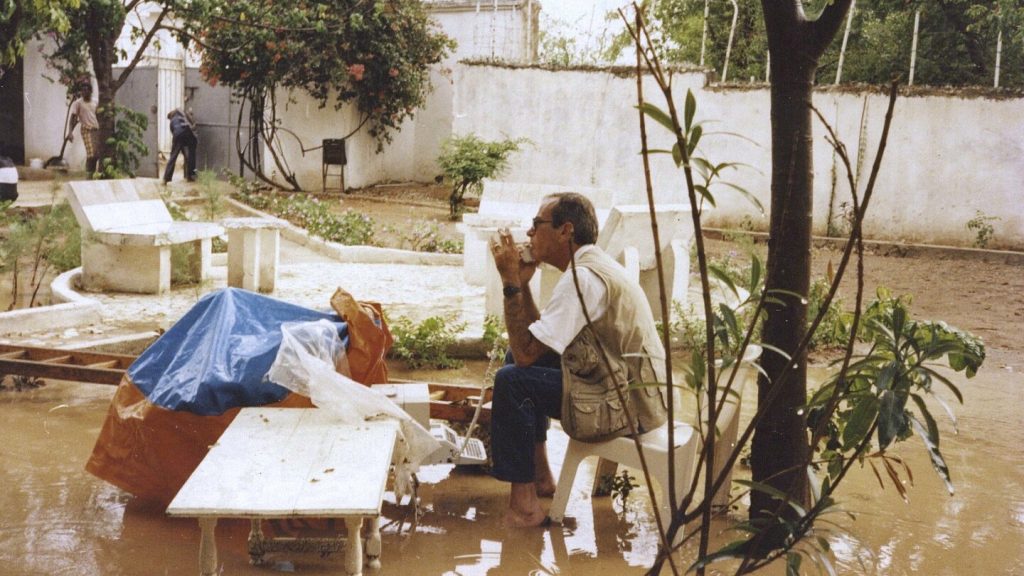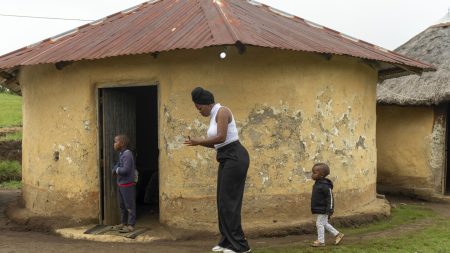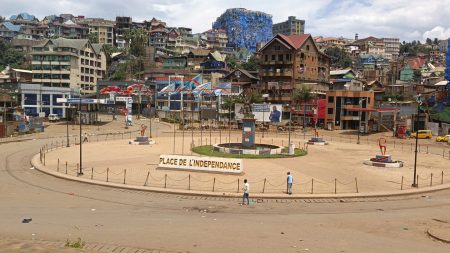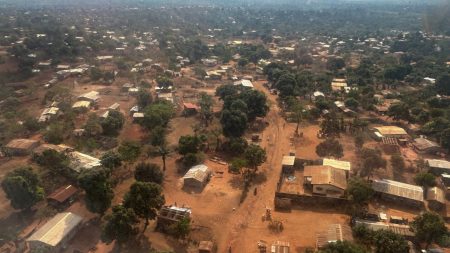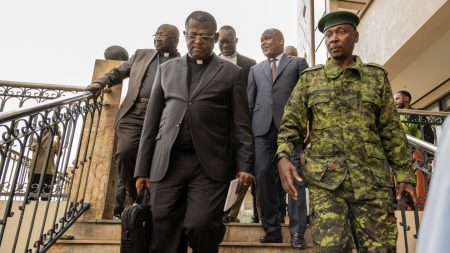Reid G. Miller: A Life of Adventure, Journalism, and Mentorship
A Legendary Career in Journalism
Reid G. Miller, a distinguished international correspondent and editor for The Associated Press (AP), passed away on October 12, 2023, at the age of 90, leaving behind a legacy of courage, mentorship, and dedication to journalism. His remarkable career, spanning 43 years, was defined by unwavering resilience, a passion for storytelling, and an unrelenting commitment to his craft. Miller’s work took him across the globe, from the chaos of war zones to the corridors of power in Washington, D.C., where he witnessed and reported on some of the most pivotal events of the late 20th century.
Early Beginnings and Rising Through the Ranks
Miller’s journey with the AP began in 1956 when he took a part-time job in Phoenix at just 23 years old. Over the years, he grew from a young reporter into a respected leader, holding various roles in cities such as Salt Lake City, Pittsburgh, Miami, and eventually Washington, D.C., where he became the assistant bureau chief. His leadership in Washington was not only professional but also personal, as he played a key role in nurturing a generation of reporters. Colleagues often remarked on his unique blend of humor, gravitas, and mentorship, qualities that made him both reassuring and inspiring.
A Life of Danger and Adventure
Miller’s career was not without its perils. In 1984, while reporting in southern Nicaragua, he survived a deadly explosion that claimed the lives of several colleagues and local fighters. Despite being gravely injured, Miller filed a first-person account of the attack from a hospital in Costa Rica, showcasing his trademark resilience and commitment to the story. Later, he even had the opportunity to embed with the U.S.-backed Nicaraguan Contras, wryly observing that the mock war exercises were "more exciting" than the real thing, with better food to boot. His ability to find lightness in darkness was a hallmark of his character.
Leadership and Legacy in Global Journalism
After his time in Central America, Miller took on the role of AP’s East Africa bureau chief, based in Nairobi. There, he covered some of the most harrowing stories of his career, including the 1994 Rwandan genocide and the societal collapse in famine-ravaged Somalia. In Somalia, he played a crucial role in securing the release of colleague Tina Susman, who was kidnapped in 1994. Miller’s leadership was characterized by his ability to inspire confidence and foster collaboration, making even the most challenging situations manageable for his team. He later served as the AP’s South Korea bureau chief before retiring in 1999, leaving behind a legacy of mentorship and professionalism that continues to resonate within the AP community.
A Devoted Family Man and mentor
Miller’s impact extended far beyond the newsroom. He was a devoted husband, father, and grandfather, balancing his globetrotting career with a deep commitment to family. His son, G. Clay Miller, recalled how Reid regaled the family with stories of his adventures, instilling a sense of wonder and curiosity in those around him. Colleagues often spoke of his generosity, empathy, and willingness to listen, qualities that made him a beloved figure in the AP family. For many, Reid Miller was more than a boss—he was a friend, a mentor, and a source of strength during the most challenging moments.
A Lasting Legacy
Reid G. Miller’s life was a testament to the power of curiosity, resilience, and compassion. He touched countless lives, both through his work and his personal relationships, leaving behind a legacy of storytelling, mentorship, and unwavering dedication to the truth. As he himself once said, "Would I do it all over again? In a heartbeat." This spirit of adventure and commitment continues to inspire those who knew him, ensuring that his memory will endure for generations to come.





